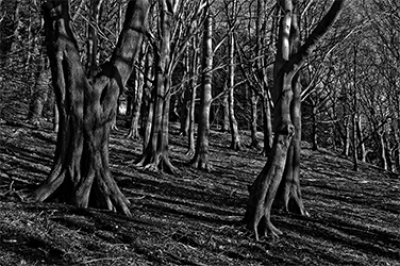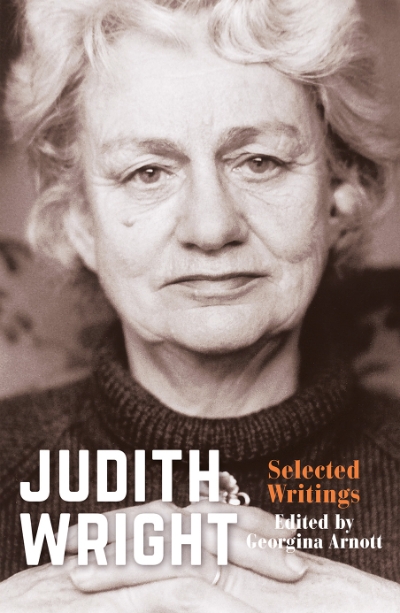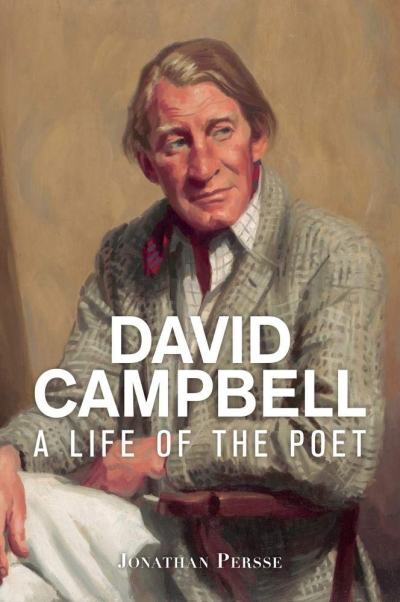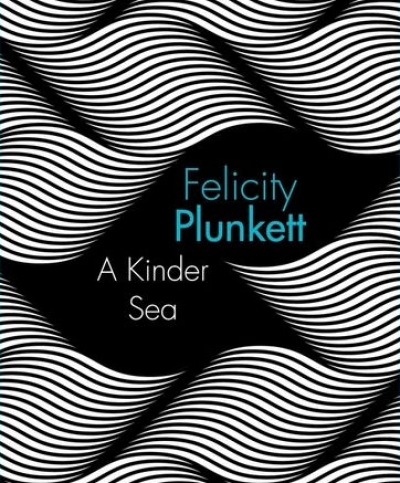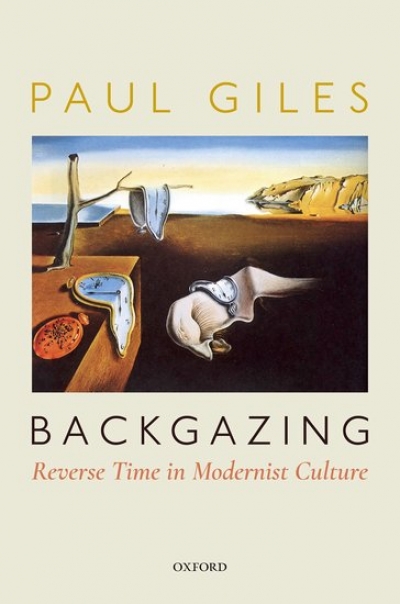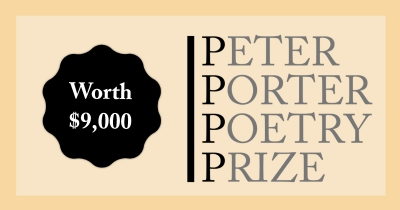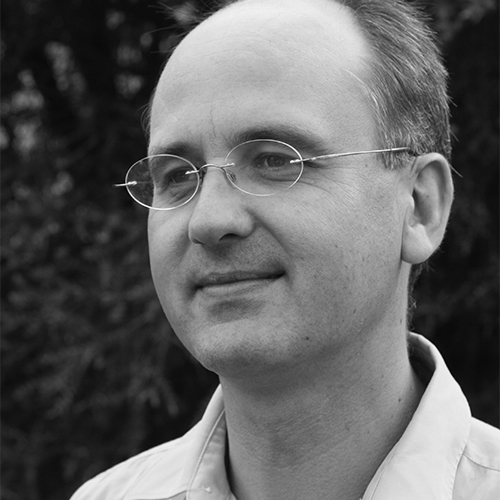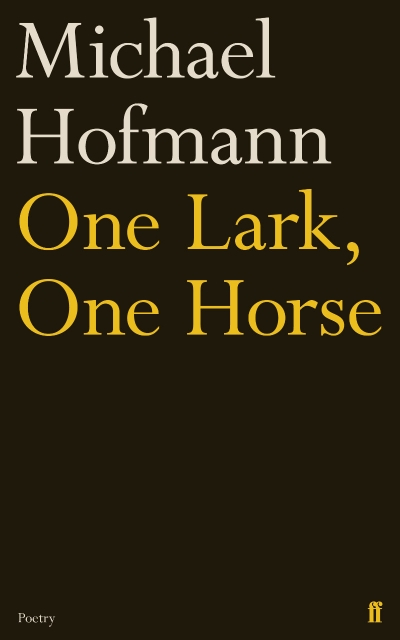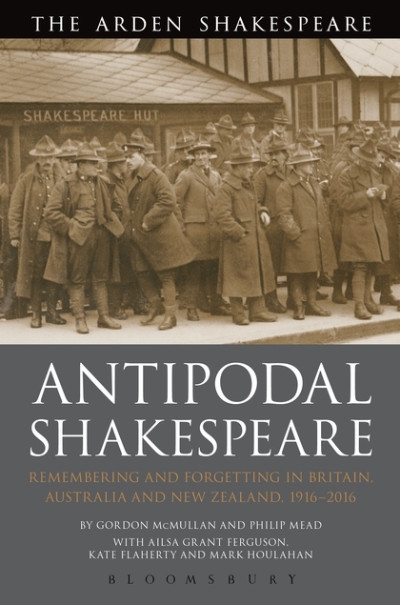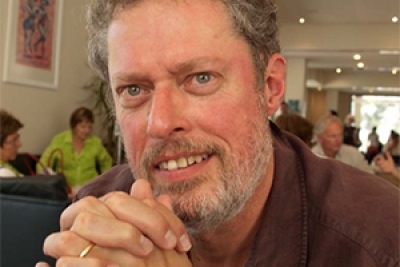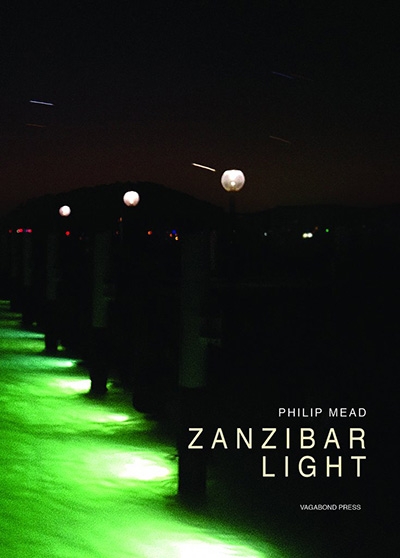Philip Mead
I thought I recognised Sorley Maclean / walking towards me down Niagara Lane. / As he came alongside he said look up, / you can see our friend the sky where the tall buildings / lean in towards each other. I can see some glyphs
... (read more)Antipodal Shakespeare: Remembering and Forgetting in Britain, Australia and New Zealand, 1916 - 2016 by Gordon McMullan and Philip Mead et al.
by David McInnis •
You learn very different things from different poets, from formal aspects, some of them minute, to whole revelations about what a poem might be. This is always developing, and influences tend to come in waves or moments, with anthologies and magazines, subcultures ...
... (read more)
